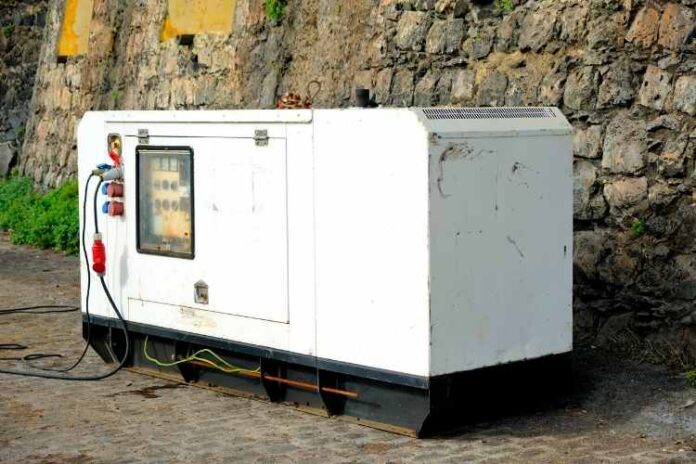The average home comes with a hefty $1,489 home energy bill each year. The cost gets even steeper during the summer months. That’s why it’s so important to look into something like home alternative energy to help you save money and keep your home comfortable all year round.
But how do you know where to begin? Building a brand new home is an enormous undertaking, even with an energy-efficient design. But upgrading an existing home is another story. The task feels impossible.
Read on to learn about some common generator-buying mistakes you need to avoid when making your big decision.
Common Generator-Buying Mistakes: Warranties And Maintenance
Generators are complex machines and require regular servicing to keep them running smoothly. Purchasing a generator without a warranty is risky, as repairs can be expensive. Maintenance contracts can help defray the cost of unexpected repairs.
Make sure to ask about warranty and maintenance options before purchasing.
Not Understanding Your Power Needs
Many people overestimate their power needs and end up with a generator that is too big and expensive for their needs. Overloading a generator can damage it, so it’s important to know your wattage needs before making a purchase. The best way to avoid this mistake is to determine your power needs by calculating the wattage of the devices you need to power.
Once you know your power needs, you can choose a generator that is the right size and power for your needs.
Buying The Cheapest Generator
This is often a false economy, as the cheapest generators are often of poor quality and may not be fit for purpose. It is important to strike a balance between quality and price. It is also worth considering what you will be using the generator for and whether you need a portable or stationary model.
Not Checking For Consumer Reports
Checking for consumer reports is essential in order to get an accurate idea of what you’re buying. Another mistake people make is, not reading online reviews thoroughly and instead relying on word-of-mouth. This is a risky gamble, as you could end up with an inferior product.
It is important to do your research and find out what other people have had to say about the different generator sizes you’re about to purchase. These reports can give you valuable information about a product, including any safety concerns.
Not Considering Fuel Type
There are generators that run on gasoline, propane, natural gas, or diesel. Each has its own advantages and disadvantages. Gasoline is the most common fuel type, but it is also the most volatile.
Propane is less volatile than gasoline, but it is not as widely available. Natural gas is the least volatile of the four fuel types, but it is also the most expensive. Diesel is the most expensive of the four fuel types. Learn about diesel generators as it’s the most reliable.
Research The Right Generator For Your Needs
If you’re in the market for a generator, don’t make these common generator-buying mistakes! Be sure to do your research to find the right one for your needs. With so many options on the market, it can be tough to decide which generator is right for you.
But if you keep these tips in mind, you’ll be sure to find the perfect one for your home or business.
Bookmark our site now and come back for more insights and valuable information!


